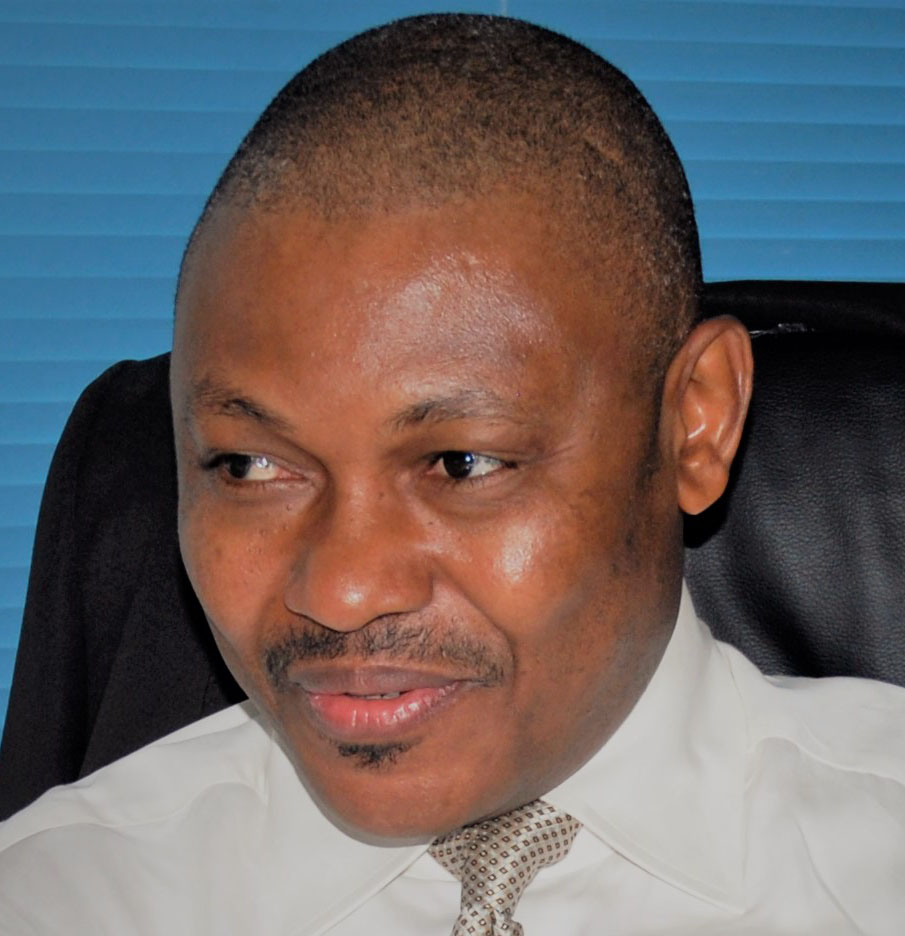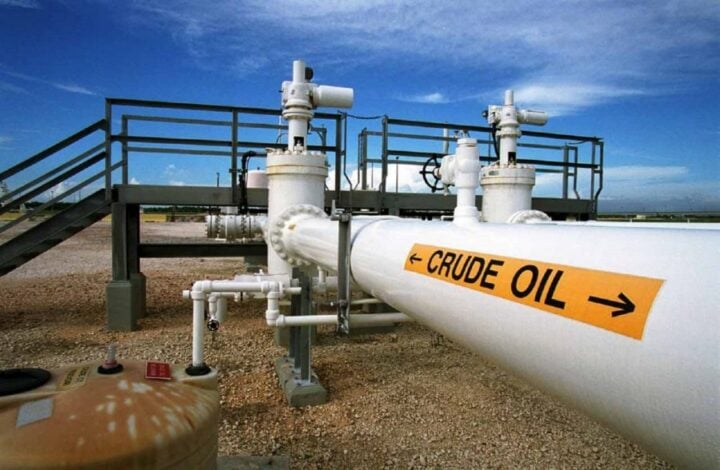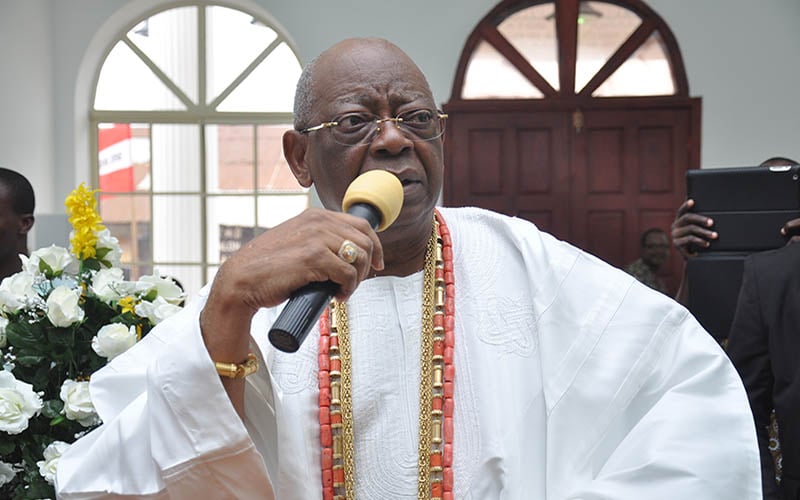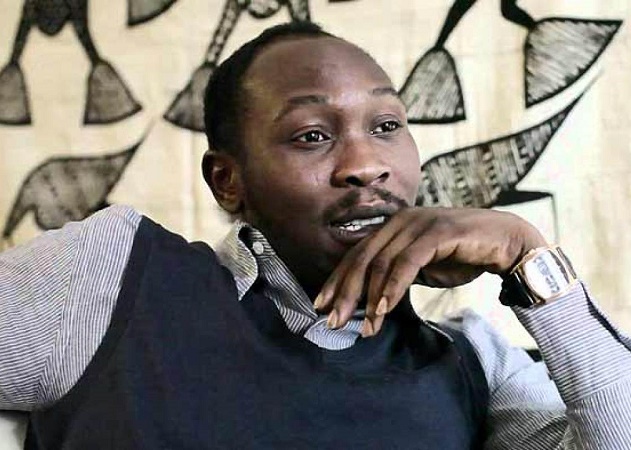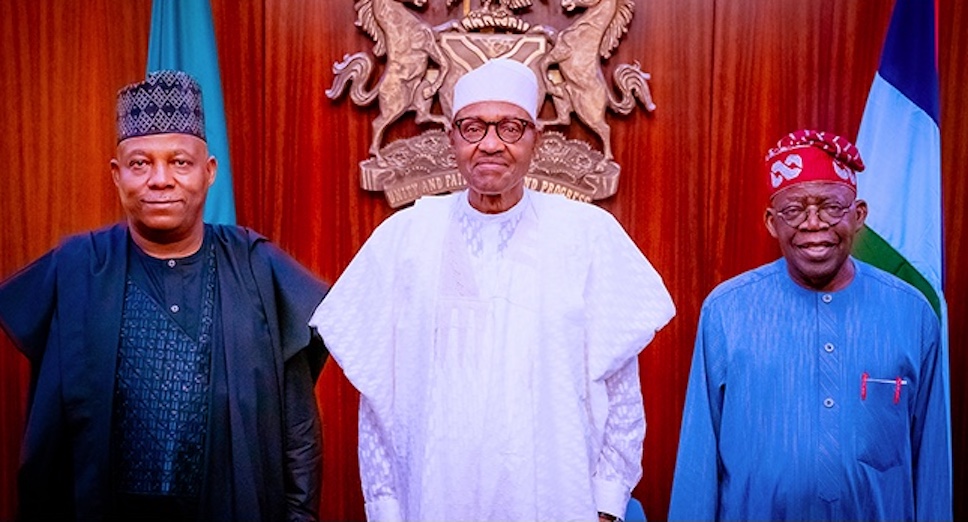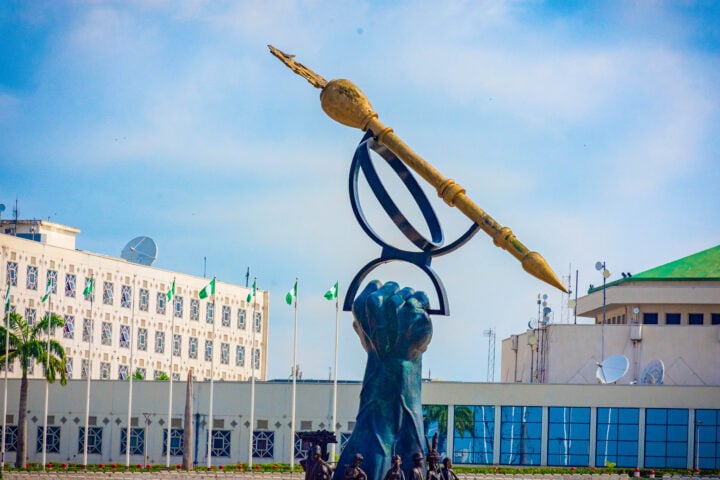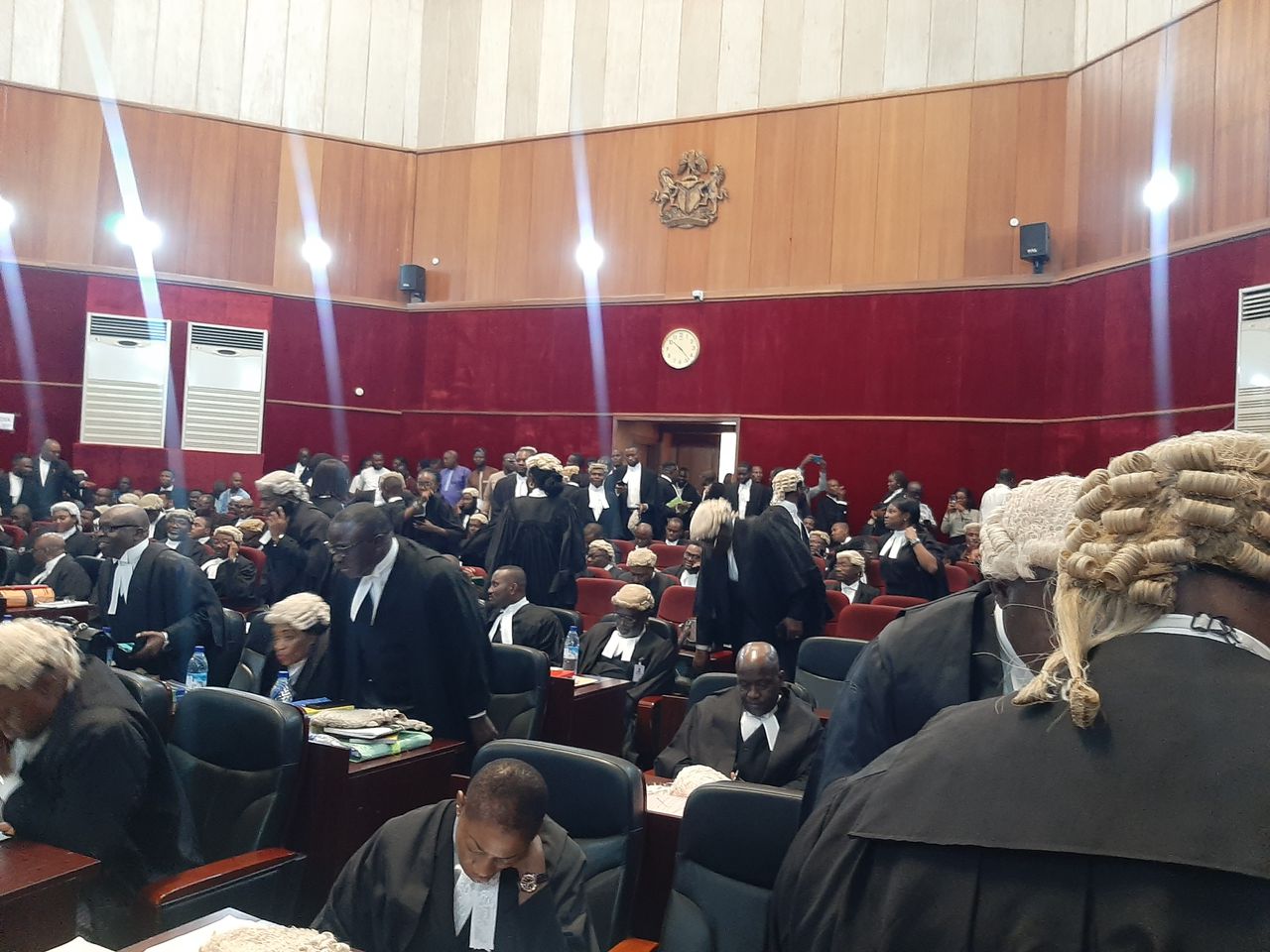Too many cooks spoil the broth. This is an age-long adage that presupposes that if too many persons or entities are involved in a task or activity, it most likely would not turn out well; chances of compromise in quality and execution are high. This cannot be truer elsewhere than it is at Nigeria’s crude oil and gas export terminals where a coterie of agencies, in apparent disregard of extant laws, have been spoiling for attention and relevance; with dire implications for the country’s economy.
Nigeria’s petroleum products terminals have become one veritable minefield where corporate fortune seekers and mercantile wayfarers have decided to stubbornly pitch their tents. The number of agencies involved in activities at the terminals is just mindboggling; and they operate with impunity, defying lawful directives forbidding them.
In a report submitted in October 2022, the senate adhoc committee that investigated oil lifting, theft, and the impact of petroleum production and oil revenues, expressed concern over the crowd; and the implications of their silo operations. It listed entities present at the terminals to include the Nigerian Upstream Petroleum Regulatory Commission (NUPRC), Nigerian Midstream/Downstream Petroleum Regulatory Authority (NMDPRA), Nigerian Customs Service (NCS), Nigerian Immigrations Service (NIS) NDLEA, Federal Ministry of Trade, Industry, and Investment, Ministry of Transportation, INCHAPE, Port Health, TROBEL, Arlington Nigeria Limited, Inspectorate, SIFAX, etc. The committee recommended that some should vacate, but the recommendation was treated as hot air.
The committee specifically noted the dual and conflicting regulatory presence of both the NUPRC and NMDPRA, which it considered unbecoming and outrightly against the spirit and letters of the Petroleum Industry Act (PIA), 2021. It did not only seriously frown at the development, but it also recommended that those that are not authorised by law to be there must be made to quit, even if backed by administrative directives. Such directives, it pointed out, would be in conflict with the prescriptions of the law.
Advertisement
The committee did not see any reason why, for instance, the NMDPRA should be at integrated oil terminals. It explained that whereas the PIA distinctively created two regulatory agencies for the oil and gas industry, the NUPRC has exclusive responsibility for the upstream sector while the NMDPRA has responsibility for the midstream and downstream sectors. The NMDPRA was only conferred with the mandate to regulate “future stand-alone export terminals” and not existing integrated terminals. Its mandate is strictly in respect of refined products and not crude oil and gas export.
The PIA had envisaged the involvement of the NMDPRA in some aspects of export activities and made provisions for the future development of stand-alone export terminals (SET) for the export of refined products for non-holders of petroleum mining leases or oil mining leases. There was no such provision under the Terminal Dues Act (TDA). The TDA prescribed the legal basis for establishing crude export terminals only for holders of oil mining leases or oil prospecting licenses.
Even under the PIA, the regulatory oversight over all upstream operations and activities (including crude oil terminals whether integrated or otherwise), is clearly vested in the NUPRC. The dual regulatory oversight exercised by both the NUPRC and NMDPRA and the precipitate crisis among the staff of the two regulatory entities, therefore, became a source of serious concern to oil and gas producers on the terminals who consistently complained of the negative impact the development has brought on ease of doing business at the terminals. They again voiced the concern recently at the opening of the Nigeria International Energy Summit (NIES) which was held in Abuja between April 16 and 20, 2023.
Advertisement
During the senate committee investigation, another but related area of concern was raised: the country could not really place a finger on the volume of oil produced and the volume lost to theft, vandalism, and sharp practices respectively. Production levels were falling and Nigeria was losing the opportunity of taking advantage of the favourable price regime occasioned by some recent unexpected global developments. Nigeria’s crude oil production which stood at 2.13 mbpd in January 2020 had fallen to as low as 1.38 mbpd by July 2022. By September of the same year, average crude oil production had gone down to 1,232,430 bpd with crude oil accounting for 985,633 bpd and condensate 246,597 bpd. This was almost one million barrels less than the country’s average technically allowable rate of oil and condensate production of 2,232,117 bpd.
Although the senate committee did not specifically say it, there were indicators, and in fact, insinuations that the presence of a crowd of agencies at export terminals may have compromised measurements and deliveries, as conflicting figures were being brandished by the respective organisations as levels of stolen crude oil. It was a worrisome scenario and possibly the main reason why the upper legislative chamber decided to embark on the investigation, because of the consequential huge losses to federation account revenue and the 0impact on the environment by the reported activities of vandals.
The bandied figures were overtly suspicious. The volumes were quite high. Given the industry terrain and complex logistics, it would be hard to believe that such volumes could be stolen from pipelines and transported to illegal sales points or makeshift refineries. The suspicion may also have prompted the regulatory inquest by the NUPRC. The commission carried out a forensic examination of the exploitation and delivery chain between January 2020 and November 2022, to ascertain the accuracy of the stolen volume of crude oil within the referenced period.
As would ordinarily be expected, the study revealed that approximately 40% of crude oil losses in the country’s petroleum industry are due to measurement inaccuracies and not from direct theft as often portrayed. Though theft by vandals accounted for some worrisome volume, other contingencies including shut-ins also accounted for production shortfalls. Following this revelation of measurement inaccuracies, a statement that apparently was to fault the NUPRC findings was nicodemously sent out to the media by the Ministry of Petroleum Resources; but it was immediately withdrawn with an apology when it was obvious that NUPRC had its full facts and was poised to defend its classification.
Advertisement
It is worthy of note that the ministry was also fingered in the duplicity of agencies at the export terminals. The senate committee in its report cited two conflicting letters dated February 3, 2022, and July 7, 2022, from the Ministry over terminal operations. The ministry referred to the minister’s power under Section 3(4) of the PIA to give general policy directives to the commission on issues concerning upstream petroleum operations and to the Authority on matters relating to midstream and downstream petroleum operations; including matters related to cooperation among the two agencies in line with the provisions of the PIA 2021.
The first letter clearly delineated the functions between the two agencies in line with sections 7(ee), 8(d) and 174(a) while the second letter was in conflict with the extant provisions of the Act, particularly the aforementioned sections. In issuing the second letter, the Minister of State indicated that the creation of a dual regulatory structure was to ensure, among other things, that adequate focus was given to the midstream and downstream sectors of the industry to create a multiplier effect on the economy through licensing regimes that will create increased participation by Nigerians, gainful employment and greater contribution to the GDP.
Although the minister claimed there was a need for a legislative intervention to provide greater clarity on the roles of the respective agencies on the subject matter, the Senate did not see any such conflict and therefore recommended that the administrative directive contained in the second letter be jettisoned because the PIA takes precedence over such directives. It stated that there was no ambiguity regarding the oversight responsibilities of the two industry regulators, as far as terminal operations’ oversight was concerned.
Specifically, Section 8(d) gives NUPRC the mandate to be in charge where in situ facilities or fixed or floating platforms provide for fully integrated upstream and midstream petroleum operations; while sections 174(a) and 32(ii) give NMDPRA the power to regulate future Stand-alone Export Terminals and issue certificates of quantity and quality to exporters of crude oil, LNG and petroleum products.
Advertisement
In spite of the Senate resolution on the matter, for which approval was subsequently given by the Presidency, the jostling at the export terminals did not cease. The two regulators, alongside other entities with overlapping roles, were still operating at the terminals, raising questions as to whether their insistence on being at the facilities are genuinely altruistic. Why are some entities interested in being at the terminals even when the law never provided for it and other authorities are clearly in objection to it? The apparent reluctance to tow the defined line, recently prompted the Presidency to issue firm directives on the matter with a 14-day deadline for compliance.
In a restricted correspondence Ref. SH/COS/24/A/78 signed by the Chief of Staff to the President, Prof. Ibrahim A. Gambari, President Muhammadu Buhari directed immediate compliance with senate resolution NASS/95/R/03/934 which stated that: “NUPRC is the sole and only regulatory entity to regulate and monitor activities of all existing crude oil export terminals in Nigeria” in compliance with Section 7(ee) of the PIA (2021). It directed that the exercise of any regulatory role by the NMDPRA on any existing crude oil terminal established prior to the effective date of the PIA should cease immediately.
Advertisement
The correspondence which was directed to the minister of state (Ministry of Petroleum Resources) and the chief executive officers of both NUPRC and NMDPRA, asked the minister to ensure immediate compliance and report back within 14 days, to the effect that the senate resolution on the matter are being adhered to by the regulators, NNPCL, Ministry of Industry, Trade and Investment, industry players and the relevant ministries, departments, and agencies (MDAs).
Nigeria relies largely on proceeds from crude oil and gas for its foreign revenue. Until the country is able to transition from being oil-reliant to a non-oil economy, the authorities must do everything necessary to protect the petroleum industry from any form of unnecessary intrusions and distractions. The PIA, 2021 was enacted to enhance the business landscape and to provide a more transparent, efficient, and investment-friendly regulatory framework for Nigeria’s petroleum industry. Nothing should be allowed to stall that resolution.
Advertisement
James, a media practitioner and commentator on contemporary issues, lives in Abuja, Nigeria
Advertisement
Views expressed by contributors are strictly personal and not of TheCable.
